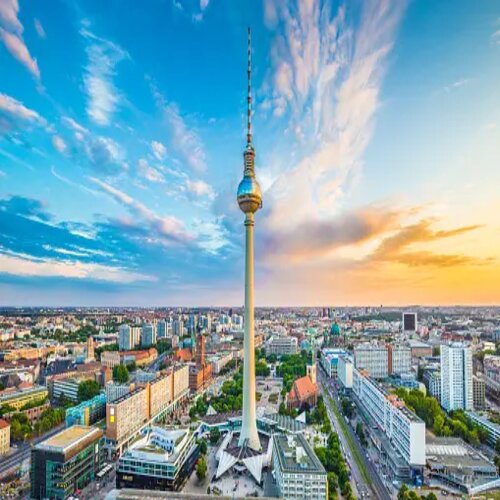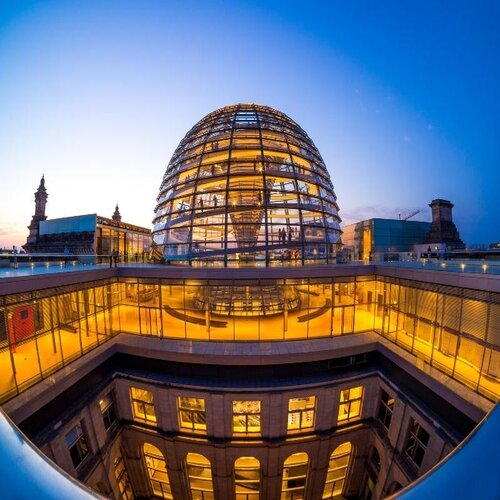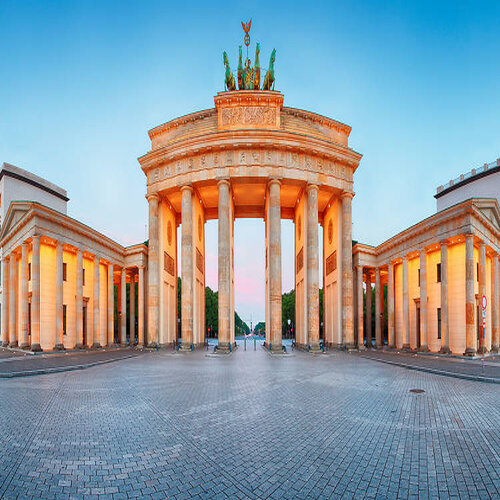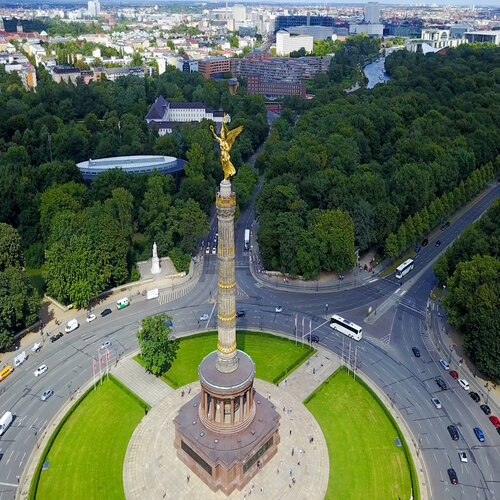Berlin is the capital and largest city of Germany by both area and population. According to the population within city borders, it is the most populated city in the European Union with 3.7 million residents. Berlin, one of the sixteen states that make up Germany, is bordered by the State of Brandenburg and is adjacent to Potsdam, the capital of that state. After the Ruhr, Berlin's urban region is home to about 4.5 million people and is the second most populated in Germany. With around 6.2 million residents, the Berlin-Brandenburg capital region is Germany's third-largest metropolitan area after the Rhine-Ruhr and Rhine-Main areas. In 1996, there was a failed attempt to merge the two states. Despite their continued separation, the two states nevertheless work together on a number of issues.
Berlin is situated on both sides of the Spree, which empties into the Havel (an Elbe tributary) near the western district of Spandau. The numerous lakes in the western and southeastern boroughs created by the Spree, Havel, and Dahme, the largest of which is Lake Müggelsee, are among the city's most prominent topographical features. Berlin experiences a mild seasonal climate because of its location in the European Plain. A third of the city's land is made up of lakes, rivers, canals, forests, parks, and gardens. The Berlin dialect, a subset of the Lusatian-New Marchian dialects, is located in the Central German dialect area.
Berlin is a hub for journalism, politics, culture, and science. Its high-tech businesses and service sector underpin its economy, which also includes a variety of creative industries, research institutes, media conglomerates, and convention centres. In addition to having a very intricate public transit system, Berlin acts as a continental hub for aviation and train traffic. The city is a well-liked travel destination. Other important sectors include information technology, pharmaceuticals, biomedical engineering, clean technology, biotechnology, building, and electronics.





